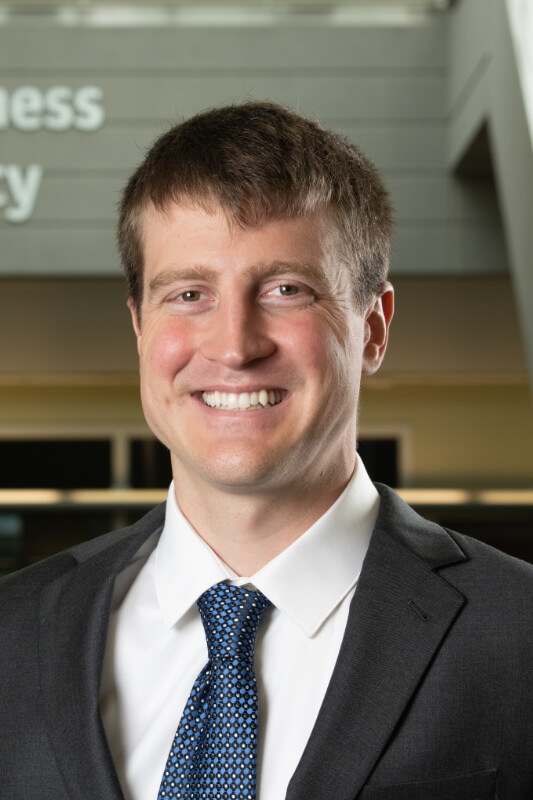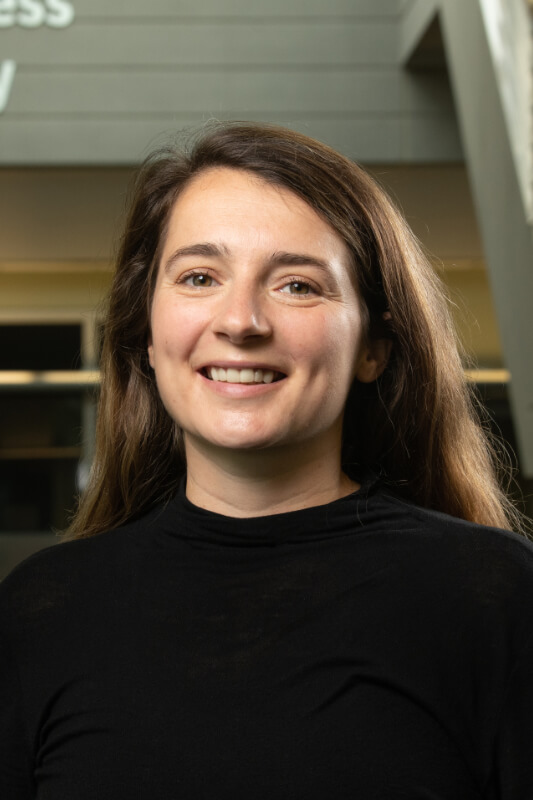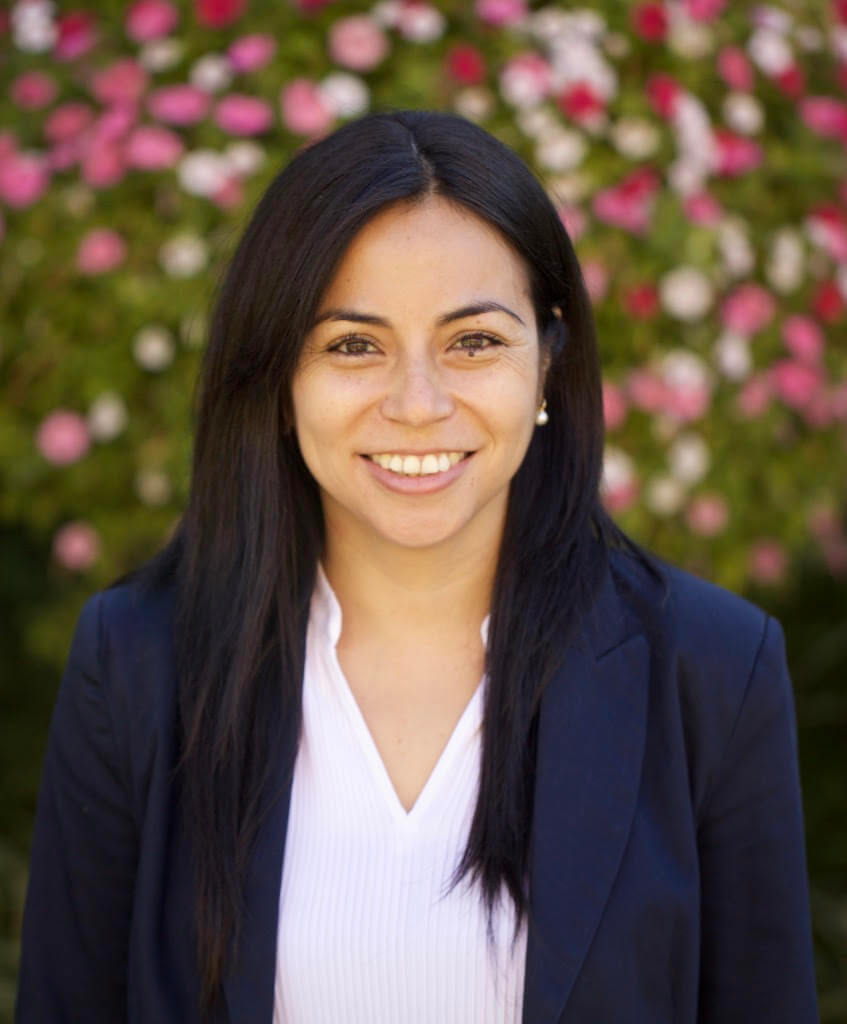Post Doctoral Researchers
Current
Jacob Gellman
Jacob Gellman is a Postdoctoral Fellow in the Department of Economics at the University of Alaska Anchorage. His research focuses on the economics of natural disasters, climate adaptation, and public lands. Some current projects investigate welfare damages of wildfire smoke for outdoor recreation, adaptation to climate change and natural disasters in homeowners insurance markets, and the effect of hurricane forecasts and alerts on evacuations.
Jacob holds a PhD from the University of California, Santa Barbara and a BA from the University of Puget Sound. Previously, as a researcher at the Earth Research Institute in Santa Barbara, he worked on interdisciplinary wildfire issues with economists, ecologists, meteorologists, and other natural scientists. He has also worked as an energy economics consultant, where he advised utilities and tribes on energy decisions and produced expert witness testimony for government entities.
Previous
Aaron Enriquez (-2023)
Aaron Enriquez is a Post Doctoral Fellow in the Department of Economics at the University of Alaska Anchorage. He is an environmental and natural resource economist whose research interests include informing the management of natural resources over time using dynamic bioeconomic models and eliciting people’s values for nonmarket goods using nonmarket valuation methods. He is particularly interested in integrating the two methods to improve models of combined human and natural systems.
Aaron has an interdisciplinary background. He holds a BS in biology, a BS in economics, an MS in economics, environment, and natural resources, and a PhD in economics, all from the University of Wyoming. As a graduate student, his research centered around the interactions of humans and grizzly bears in the Greater Yellowstone Ecosystem. He taught courses both for the Department of Economics and the Haub School of Natural Resources.
Hannah Hennighausen (2020-2022)
Hannah Hennighausen completed her PhD in Economics at the University of Graz, where she was also a member of the interdisciplinary Doctoral School Climate Change at the Wegener Center. She holds a master’s degree in agricultural and resource economics from UC Davis and a bachelor’s degree in economics from American University. The central theme of her research is investigating how individuals adapt to environmental risk, deriving insights from quasi-experimental methods applied to administrative and geospatial datasets.Her current work is motivated by increasing pressures from climate change complicated by socio-economic factors. In examining behavioral responses to risk, she aims to inform policymakers about the distribution of future climate change costs and assist them in their decision-making about local, risk-reducing investments.
Nathaly Rivera (2018-2020)
Nathaly Rivera is an Environmental and Resource Economist. Her research interests specifically include natural-resource-rich economies, and non-market valuation of environmental amenities. Nathaly has also done some work on evaluation of environmental policy and mechanisms to reduce airborne pollution. She holds an MSc degree in Regional Economics from Universidad Católica del Norte (Chile), and a PhD degree in Environmental and Resource Economics from Michigan State University. Prior to joining UAA, Nathaly was a Graduate and a Teaching Assistant at Michigan State University.
Nathaly is now an Assistant Professor in the Department of Economics at the University of Chile.
Brett Watson (2019-2021)
Brett Watson is a Postdoctoral Researcher at the Institute for Social and Economic Research (ISER) at the University of Alaska Anchorage. His work focuses on how natural resource wealth is created, managed, and distributed both nationally and in the state of Alaska. He is particularly interested in applying modern econometric approaches to questions surrounding resource policy, community engagement with resources, and extractive firm behavior.
Brett earned his PhD and MS in Mineral and Energy Economics from Colorado School of Mines and BBA in Economics from Texas State University. Prior to joining ISER, he worked as a research associate at the Department of Energy’s Critical Materials Institute studying the supply chains for rare and specialized materials for use in clean energy applications.




